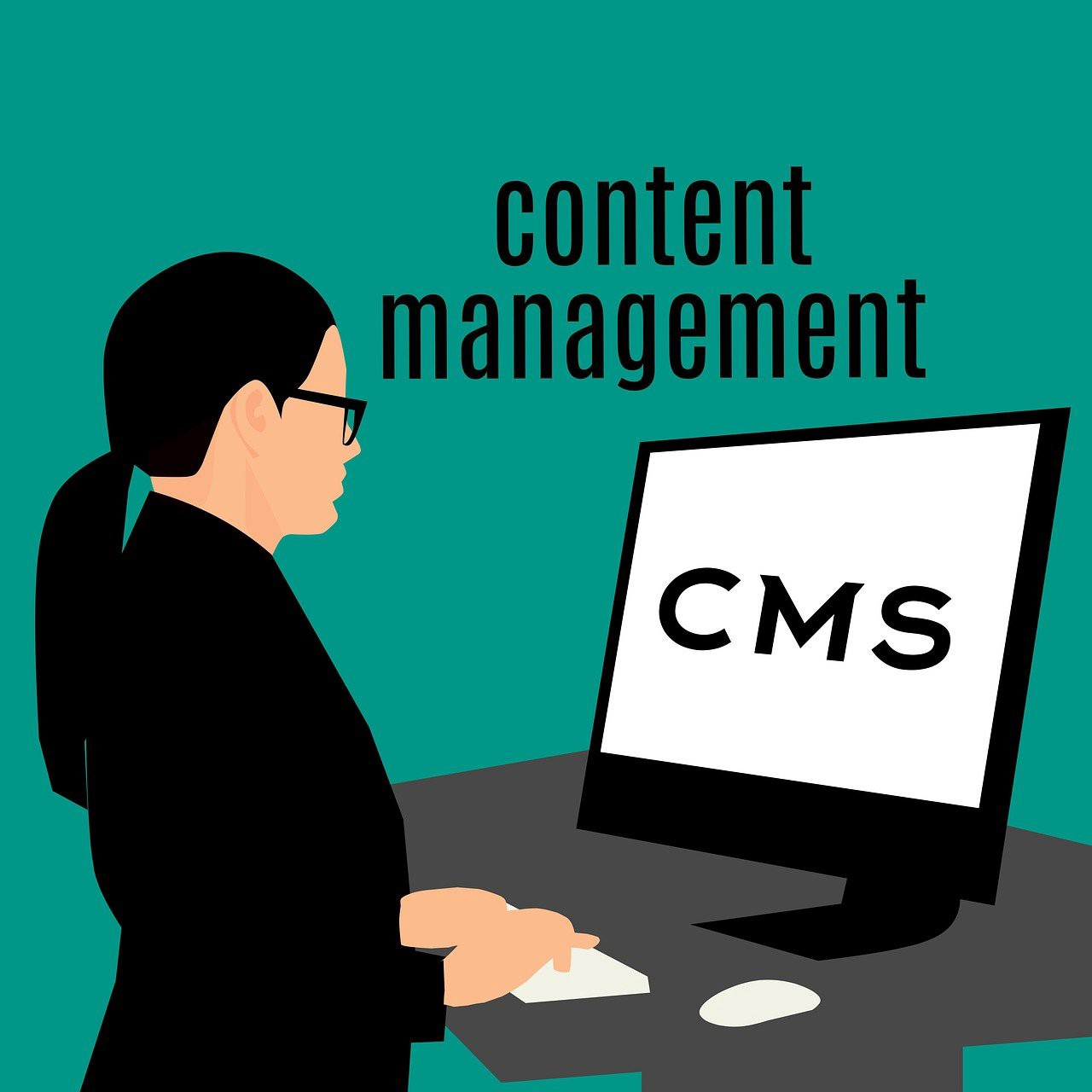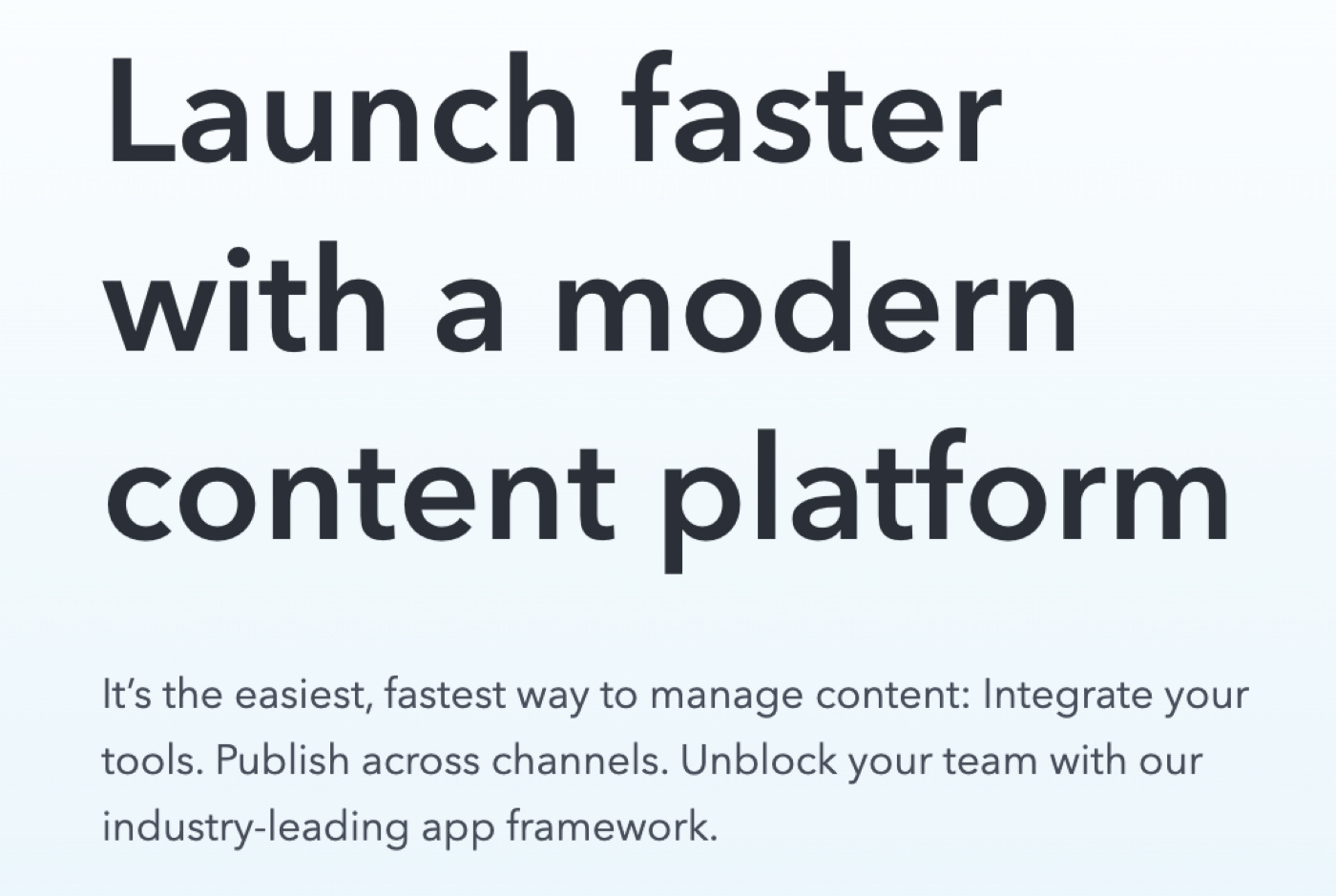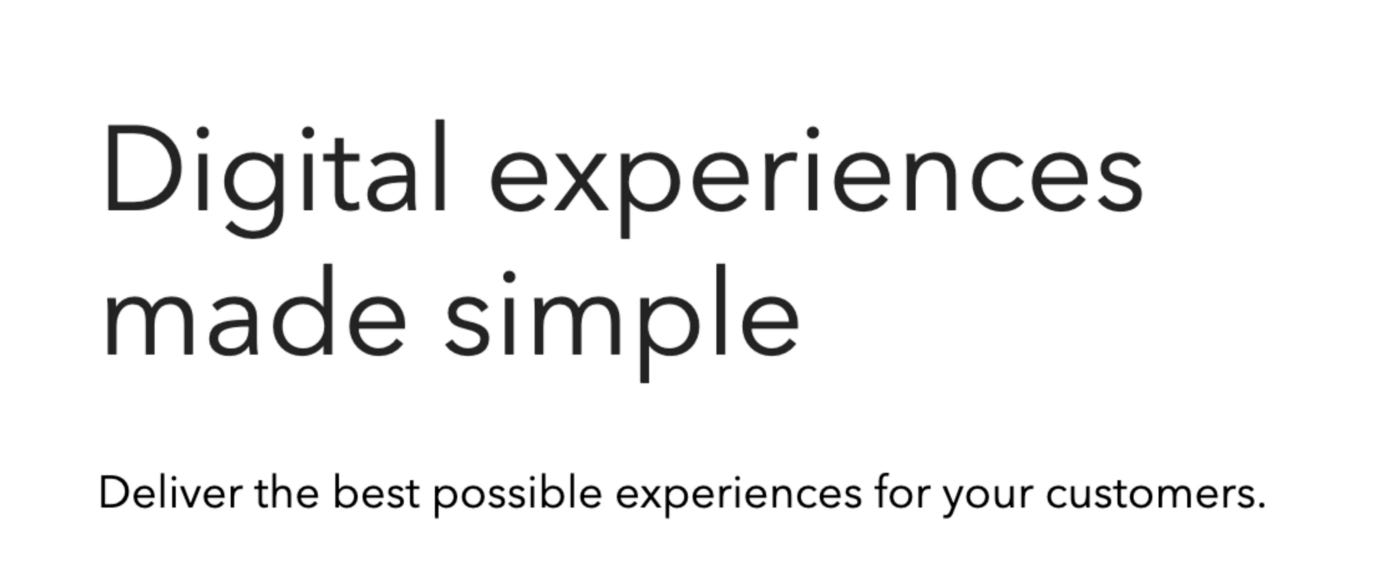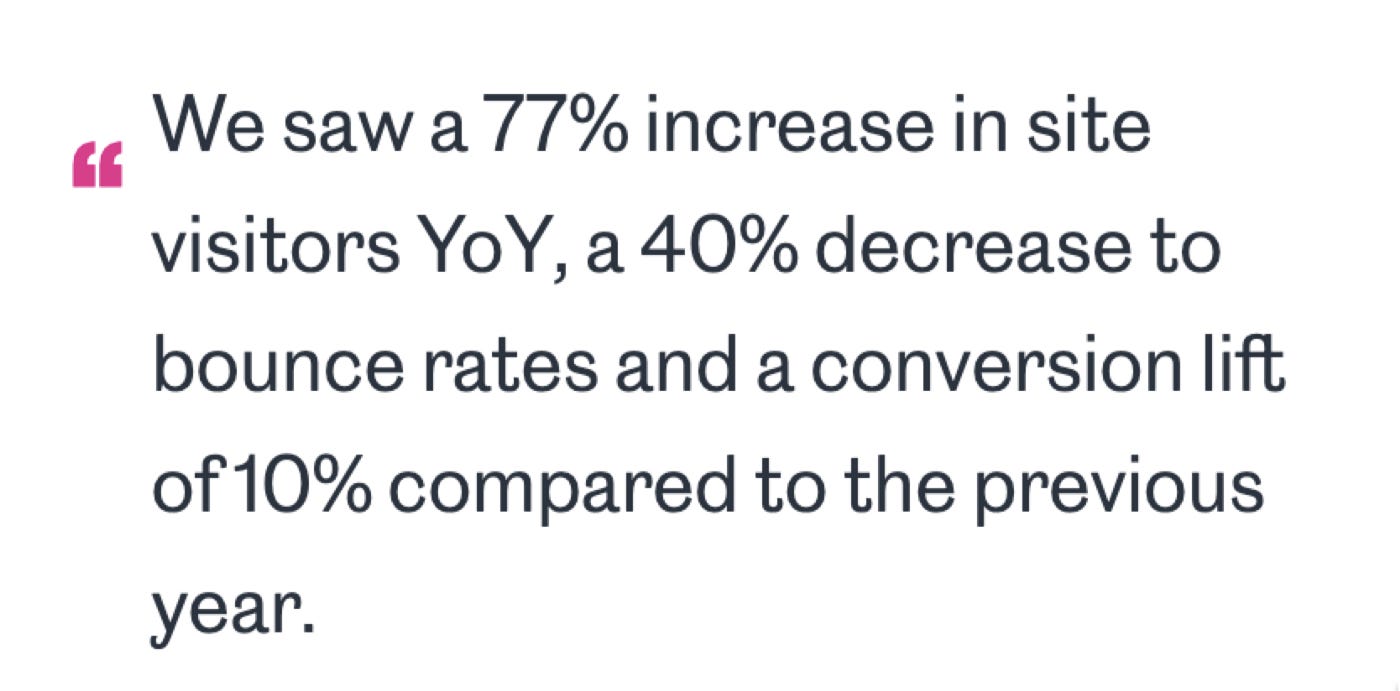The Subtle Art of Not Having Any Idea How to Market a Content Management System
Every software company has a website.
Just about every software company’s website is terrible.
Terrible at helping someone who is in the market to buy a product like theirs to understand how their software is different — and, in turn, better — than their competitors’ offering.
I recently dived into the websites for Ecommerce Platforms and found piles of what I call “Gobbledy” — meaningless nonsense that sounds like marketing copy. That’s stuff like, “Deliver personalized commerce everywhere through hyper-relevant omnichannel commerce experiences that convert more customers more often and at higher value…” Many words, no meaning.
Content Management System providers suffer from less Gobbledy than I see elsewhere, but they all share from a different problem — a complete lack of differentiation. CMS providers use their websites to sell the idea of a CMS broadly, rather than to position themselves and show the primary benefit of their product vis a vis their competition.
If a prospect is in the market for a CMS (whether they’re replacing a current one, or looking for their first), they find website after website saying the same thing — their CMS is the fastest and simplest.
Perfect, CONTENTSTACK is “easier and faster”.
Perfect, contentful is “the easiest, fastest way…” Easiest is even better!
“Expedite content…easily.” Why would I settle for “easily” when I can get “easiest”????
Ah ha — “spend much less time and effort creating…with ease.” Is “much less time” faster or slower than the “fastest” way? I bet it’s slower.
“Speed and simplicity” — hm, that’s a tough one. I think I’d want “much less time” more than “speed.” And am I willing to forgo the “easiest” CMS for just getting pathetic “simplicity?” No. No I am not.
JUST “simple”????? It must be slow as crap.
“The tools to do more with less”? Less what? Why do I want less? And if it’s offering content optimized “with ML/AI for every screen, activation, channel…and flexible enough for both headless and traditional needs” how much less it that? That sounds like it’s not less at all. At least they didn’t mention the speed and simplicity. And it’s headless! And traditional! And everything in between! Whatever, man!
Well it’s clear they’re all fast and easy. Except the ones that are fastest. Or easiest. Or simplest.
This is what you end up with when an entire industry neglects Step 1 and jumps right to Step 7.
Oh — what’s Step 1?
Positioning.
What market is your product a part of; how is it different from other products in the market; and who, specifically, would most benefit (and how) from your product.
Without that, you’re just blabbering about how fast and easy you are.
All the CMS providers then try to support their generic claims with metrics. But if everyone has the same generic claim, then the metrics aren’t providing any additional value to the prospect.
How does any of this help someone make a better decision?
If your homepage isn’t designed to clearly show who most benefits from your product, why they benefit, and how you’re different, then I really don’t know why you have a homepage at all. Just have a “Contact Us” form.
(And yes, it’s a wee bit ironic that not a single CMS provider has a homepage that shows off anything unique about what its CMS can do. Contentstack’s homepage doesn’t “create the unimaginable” — what it created was literally imagined by every other company in the space. Every one of these pages could’ve been created in Wordpress.)
There’s plenty of blame to go around. The software marketing community for not explaining why positioning, messaging and brand matter. CEOs for thinking that you build your brand 4 years after your you raise your Series A and everyone already hates you. (Or loves you!). And for thinking that somehow the experience with the product is unrelated to brand perception. And on a whole bunch of people for turning the software marketing function into an MQL machine, causing everyone to argue about the definition of an MQL; then saying that MQLs don’t matter; then basing the marketing team’s bonus on that metric that you can’t define and doesn’t matter.
I’m an optimistic guy — it’s never too late to return to first principles. If any Content Management Systems want help, I’m here. I’ll make it fast and easy, I promise.














